
ஓபன்ஹெய்மர்
Oppenheimer
About Oppenheimer
Oppenheimer (/ˈɒpənhaɪmər/ OP-ən-hy-mər) is a 2023 epic biographical thriller film written and directed by Christopher Nolan. It stars Cillian Murphy as J. Robert Oppenheimer, the American theoretical physicist credited with being the "father of the atomic bomb" for his role in the Manhattan Project—the World War II undertaking that developed the first nuclear weapons. Based on the 2005 biography American Prometheus by Kai Bird and Martin J. Sherwin, the film chronicles the career of Oppenheimer, with the story predominantly focusing on his studies, his direction of the Manhattan Project during World War II, and his eventual fall from grace due to his 1954 security hearing. The film also stars Emily Blunt as Oppenheimer's wife "Kitty", Matt Damon as head of the Manhattan Project Leslie Groves, Robert Downey Jr. as U.S. Atomic Energy Commission member Lewis Strauss, and Florence Pugh as Oppenheimer's communist lover Jean Tatlock. The ensemble supporting cast includes Josh Hartnett, Casey Affleck, Rami Malek, and Kenneth Branagh.

The film was announced in September 2021 after Universal Pictures won a bidding war for Nolan's screenplay, following Nolan's conflict with longtime distributor Warner Bros. Murphy was the first cast member to sign on the following month, with the rest of the cast joining between November 2021 and April 2022. Pre-production was under way by January 2022, and filming took place from February to May. Oppenheimer was filmed in a combination of IMAX 65 mm and 65 mm large-format film, including, for the first time, scenes in IMAX black-and-white film photography. Like his previous works, Nolan made extensive use of practical effects, with minimal computer-generated imagery used to perfect the former. Editing was handled by Jennifer Lame, and the score was composed by Ludwig Göransson. The film is Nolan's fourth to receive an R-rating in the United States, preceded by Following (1998), Memento (2000) and Insomnia (2002).

Oppenheimer premiered at Le Grand Rex in Paris on July 11, 2023, and was theatrically released in the United States and the United Kingdom on July 21 by Universal. Its simultaneous release with Warner Bros.'s Barbie led to the Barbenheimer cultural phenomenon, which encouraged audiences to see both films as a double feature. The film received critical acclaim and grossed over $952 million worldwide, becoming the third-highest-grossing film of 2023, the highest-grossing World War II-related film, the highest-grossing biographical film, and the second-highest-grossing R-rated film.
Substances
In 1926, 22-year-old doctoral student J. Robert Oppenheimer grapples with anxiety and homesickness while studying under experimental physicist Patrick Blackett at the Cavendish Laboratory in Cambridge. Upset with the demanding Blackett, Oppenheimer leaves him a poisoned apple but later retrieves it. Visiting scientist Niels Bohr recommends that Oppenheimer instead study theoretical physics at Göttingen.
He completes his PhD there and meets fellow scientist Isidor Isaac Rabi. They later meet theoretical physicist Werner Heisenberg in Switzerland. Wanting to expand quantum physics research in the United States, Oppenheimer begins teaching at the University of California, Berkeley, and the California Institute of Technology. He marries Katherine "Kitty" Puening, a biologist and ex-communist, and has an intermittent affair with Jean Tatlock, a troubled Communist Party USA member who later commits suicide.

In December 1938, nuclear fission is discovered, which Oppenheimer realizes could be weaponized. In 1942, during World War II, U.S. Army General Leslie Groves recruits Oppenheimer to lead the Manhattan Project to develop an atomic bomb. Oppenheimer, who is Jewish, is particularly driven by the Nazis' potentially completing their nuclear weapons program, headed by Heisenberg.
He assembles a scientific team including Rabi and Edward Teller in Los Alamos, New Mexico, and also collaborates with scientists Enrico Fermi, Leo Szilard and David L. Hill at the University of Chicago. Teller's calculations reveal an atomic detonation could possibly trigger a catastrophic chain reaction that ignites the atmosphere and destroys the world. After consulting with Albert Einstein, Oppenheimer concludes the chances are acceptably low. Teller's proposal to construct a hydrogen bomb is swiftly rejected. He attempts to leave the project, though Oppenheimer convinces him to stay.
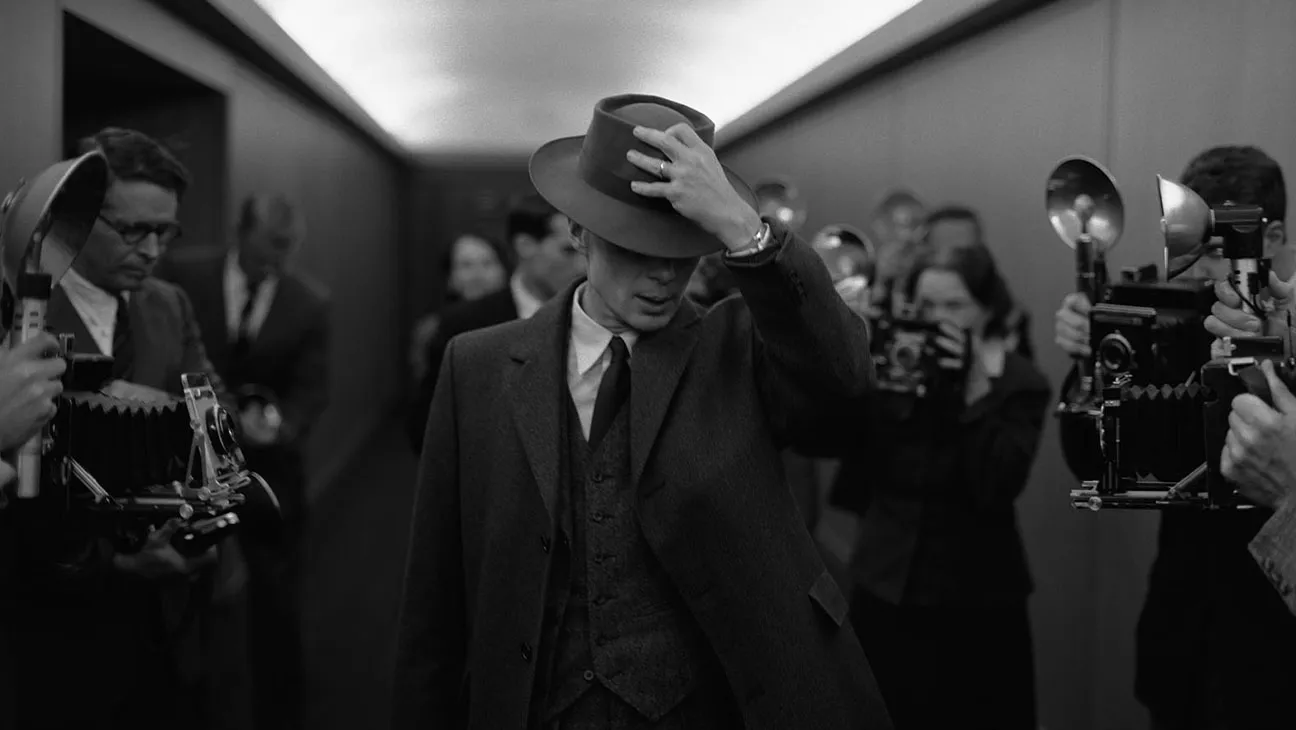
Following Adolf Hitler's death in 1945, some Project scientists question the bomb's relevance, while Oppenheimer believes it will end the ongoing war in the Pacific and save Allied lives. The Trinity test is successful, and President Harry S. Truman orders the bombings of Hiroshima and Nagasaki, forcing Japan's surrender. Though publicly praised, Oppenheimer is haunted by the mass destruction and fatalities, and urges restricting further nuclear weapons development, which Truman curtly dismisses.
As an advisor to the United States Atomic Energy Commission (AEC), Oppenheimer's stance generates controversy, while Teller's hydrogen bomb receives renewed interest amidst the burgeoning Cold War. AEC Chairman Lewis Strauss resents Oppenheimer for having publicly humiliated him by dismissing his concerns about exporting radioisotopes, and for recommending negotiations with the Soviet Union after they successfully detonated their own bomb. He also believes that Oppenheimer denigrated him during a conversation Oppenheimer had with Einstein in 1947.

In 1954, wanting to eliminate Oppenheimer's political influence, Strauss secretly orchestrates a private hearing before a Personnel Security Board concerning Oppenheimer's Q clearance. However, it becomes clear that the hearing has a predetermined outcome. Oppenheimer's past communist ties are exploited, and Groves' and other associates' testimony is twisted against him.
Teller testifies that he lacks confidence in Oppenheimer and recommends revocation. The board revokes Oppenheimer's clearance, damaging his public image and limiting his influence on nuclear policy. In 1959, during Strauss' Senate confirmation hearing for Secretary of Commerce, Hill testifies about Strauss' personal motives in engineering Oppenheimer's downfall, resulting in the Senate voting against his nomination.
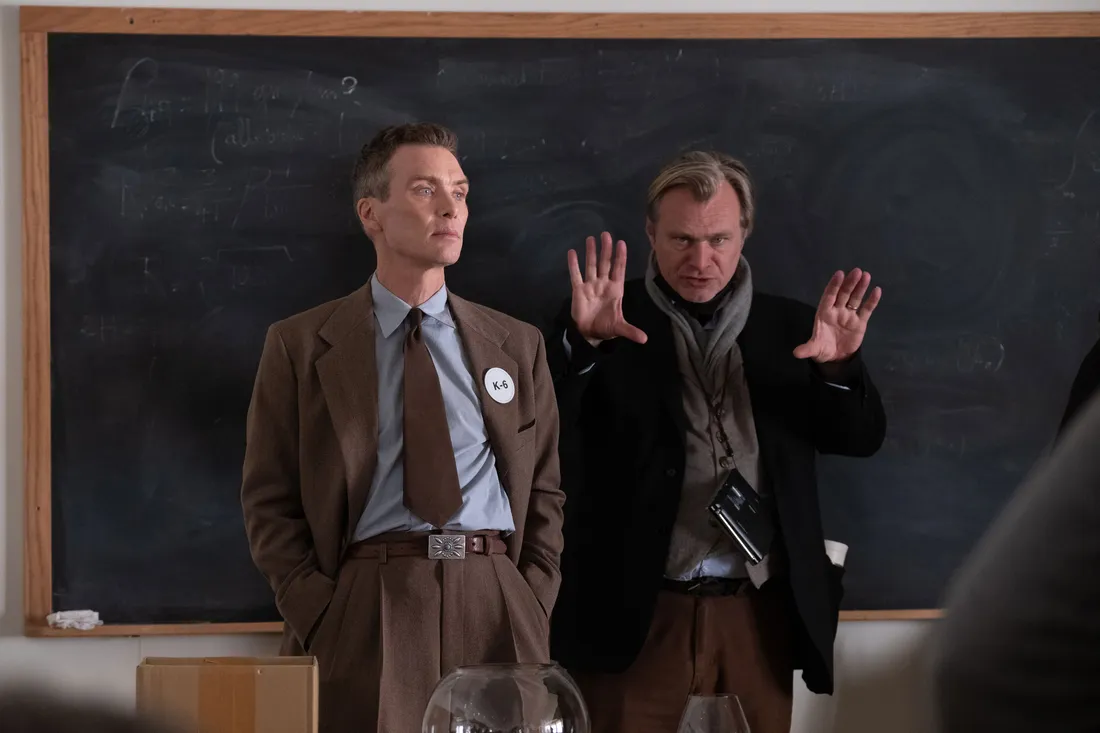
In 1963, President Lyndon B. Johnson presents Oppenheimer with the Enrico Fermi Award as a gesture of political rehabilitation. A flashback reveals that Oppenheimer and Einstein's 1947 conversation never mentioned Strauss. Oppenheimer instead expressed his somber belief that he had indeed started a chain reaction that would destroy the world.
Cast
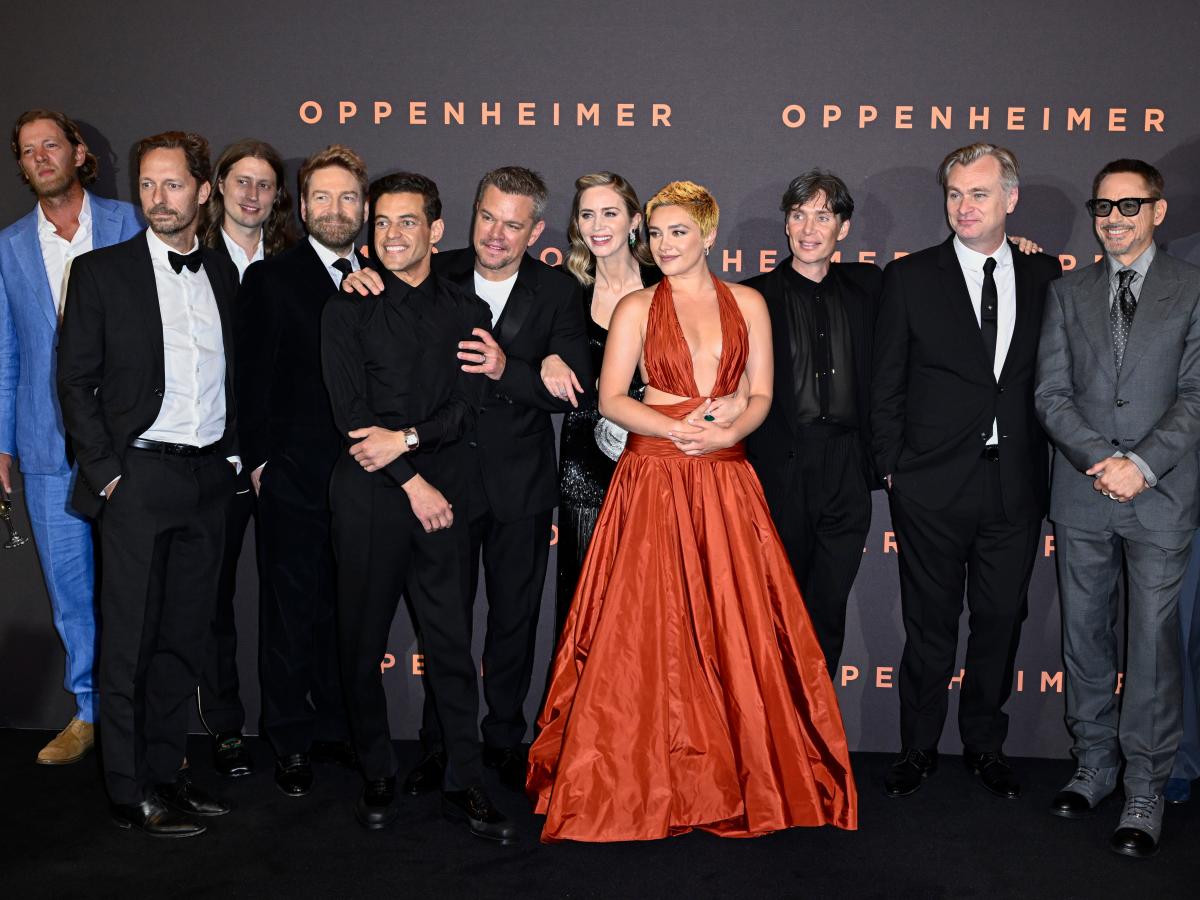
Cillian Murphy as J. Robert Oppenheimer, a theoretical physicist and director of the Los Alamos National Laboratory.
Emily Blunt as Katherine "Kitty" Oppenheimer, Robert Oppenheimer's wife and a former Communist Party USA member.
Matt Damon as Gen. Leslie Groves, a USACE officer and director of the Manhattan Project.
Robert Downey Jr. as Lewis Strauss, a high-ranking member of the U.S. Atomic Energy Commission.
Florence Pugh as Jean Tatlock, a psychiatrist, Communist Party USA member, and Robert Oppenheimer's romantic interest.
Josh Hartnett as Ernest Lawrence, a Nobel-winning nuclear physicist who worked with Oppenheimer at the University of California, Berkeley.
Casey Affleck as Boris Pash, a U.S. Army military intelligence officer and commander of the Alsos Mission.
Rami Malek as David L. Hill, a nuclear physicist at the Met Lab, who helped to create the Chicago Pile.
Kenneth Branagh as Niels Bohr, a Nobel-winning physicist, philosopher and Oppenheimer's personal idol.
Benny Safdie as Edward Teller, a Hungarian theoretical physicist known for being the "father of the hydrogen bomb".
Jason Clarke as Roger Robb, an attorney and future U.S. circuit judge who served as special counsel to the AEC at Oppenheimer's security hearing.
Dylan Arnold as Frank Oppenheimer, Robert's younger brother and a particle physicist who worked on the Manhattan Project.
Tom Conti as Albert Einstein, Nobel-winning German theoretical physicist known for developing the theory of relativity.
James D'Arcy as Patrick Blackett, Oppenheimer's college professor and Nobel-winning physicist at Cambridge University.
David Dastmalchian as William L. Borden, a lawyer and executive director of the JCAE.[20]
Dane DeHaan as Maj Gen. Kenneth Nichols, a U.S. Army officer and the deputy district engineer of the Manhattan Project.
Alden Ehrenreich as a Senate aide to Lewis Strauss, a fictional character who is an aide during Strauss's nomination for United States Secretary of Commerce.
Tony Goldwyn as Gordon Gray, a government official and chairman of the committee deciding the revoking of Oppenheimer security clearance.
Jefferson Hall as Haakon Chevalier, a Berkeley professor who became friends with Oppenheimer at university.
David Krumholtz as Isidor Isaac Rabi, a Nobel Prize-winning physicist who worked as a consultant on the Manhattan Project.
Matthew Modine as Vannevar Bush, head of the Office of Scientific Research and Development.
Scott Grimes as Counsel to Lewis Strauss
Kurt Koehler as Thomas A. Morgan, an industrialist and former chairman of the board of the Sperry Corporation who was one of the panel members at Oppenheimer's security clearance hearing.
John Gowans as Ward V. Evans, a chemist and academic who served as one of the panel members at Oppenheimer's security clearance hearing.
Macon Blair as Lloyd K. Garrison, a lawyer who helped to represent Oppenheimer at his security clearance hearing.
Gregory Jbara as Sen. Warren Magnuson, Chairman of Senate Commerce Committee.
Harry Groener as Sen. Gale W. McGee
Tim DeKay as Sen. John Pastore
Matthias Schweighöfer as Werner Heisenberg, a German Nobel Prize-winning physicist who worked in the country's nuclear weapons program during World War II.
Alex Wolff as Luis Walter Alvarez, a Nobel-winning physicist who worked on the Manhattan Project.
Josh Zuckerman as Giovanni Rossi Lomanitz, a physicist who became Oppenheimer's protégé at Berkeley.
Rory Keane as Hartland Snyder, a physicist, who collaborated with Oppenheimer to calculate the gravitational collapse of a dust particle sphere.
Michael Angarano as Robert Serber, a physicist who worked on the Manhattan Project.
Emma Dumont as Jackie Oppenheimer, Frank's wife and Robert's sister-in-law.
Guy Burnet as George Eltenton, a chemical engineer in the U.S. with ties to the Soviet Union.
Louise Lombard as Ruth Tolman, a psychologist close to Oppenheimer during the development of the atomic bomb.
Tom Jenkins as Richard C. Tolman, Ruth's husband and General Groves' chief scientific adviser on the Manhattan Project.
Olli Haaskivi as Edward Condon, a nuclear physicist who helped with the development of radar and briefly took part in the Manhattan Project.
David Rysdahl as Donald Hornig, a chemist who worked on the firing unit at Los Alamos.
Josh Peck as Kenneth Bainbridge, a physicist who was the director of the Manhattan Project's Trinity nuclear test.
Jack Quaid as Richard Feynman, theoretical physicist who worked in the Theoretical Division at Los Alamos.
Gustaf Skarsgård as Hans Bethe, a German-American Nobel-winning theoretical physicist and the head of the Theoretical Division at Los Alamos.
James Urbaniak as Kurt Gödel, a mathematician known for his theorems that revolutionized mathematics and had far-reaching implications for philosophy and computer science.
Trond Fausa as George Kistiakowsky, a Harvard professor who took part in the Manhattan Project.
Devon Bostick as Seth Neddermeyer, a physicist who discovered the muon and advocated for the implosion-type nuclear weapon used in the Trinity Test.
Danny Deferrari as Enrico Fermi, an Italian Nobel-winning physicist and creator of the Chicago Pile.
Christopher Denham as Klaus Fuchs, a German-born physicist who worked on the Manhattan Project and spied for the Soviet Union.
Jessica Erin Martin as Charlotte Serber, head technical librarian at Los Alamos.
Ronald Auguste as J. Ernest Wilkins Jr., an African American nuclear scientist, mechanical engineer and mathematician who worked with Oppenheimer on the Manhattan Project.
Máté Haumann as Leo Szilard, a Hungarian physicist who conceived the idea of nuclear chain reaction in 1933, and later in July 1945 at the Chicago branch of the Manhattan Project circulated the petition to President Truman against unannounced use of atomic weapons on Japan.
Olivia Thirlby as Lilli Hornig, a Czech-American scientist who worked on the Manhattan Project.
Jack Cutmore-Scott as Lyall Johnson, a security officer at Berkeley who worked at the Manhattan Project.
Harrison Gilbertson as Philip Morrison, a physics professor who worked on the Manhattan Project.
James Remar as Henry L. Stimson, Secretary of War under President Truman.
Will Roberts as George C. Marshall, a United States general who served as a key figure in the country's atomic weapons program.
Pat Skipper as James F. Byrnes, U.S. Secretary of State.
Gary Oldman as Harry S. Truman, the 33rd President of the United States who made the decision to drop the two atomic bombs on Hiroshima and Nagasaki in August 1945.
Hap Lawrence as Lyndon B. Johnson, the 36th President of the United States.
- நேரம்: 180 நிமிடங்கள்
- இயக்குனர்: Christopher Nolan
- நாடு: United Kingdom , United Staste
- வகை: வரலாறு , சுயசரிதை , நாடகம்
- விடுதலை: 2023
- IMDB: 8.4/10
- நடிகர்: Cillian Murphy , Emily Blunt , Robert Downey Jr. , Alden Ehrenreich , Scott Grimes , Jason Clarke , Kurt Koehler
- குறிச்சொல்: Oppenheimer

 Tamil
Tamil
 Arabic
Arabic
 Bosnian
Bosnian
 Bulgarian
Bulgarian
.svg.png) Burmese
Burmese
 Cambodian
Cambodian
 Chinese
Chinese
 Croatian
Croatian
 English
English
 Espana
Espana
 Estonian
Estonian
 Filipino
Filipino
 Finnish
Finnish
 French
French
 Georgian
Georgian
 German
German
 Greek
Greek
 Hebrew
Hebrew
 Hindi
Hindi
 Hungarian
Hungarian
 Indonesian
Indonesian
 Japanese
Japanese
 Korean
Korean
 Latvian
Latvian
 Malaysian
Malaysian
 Mongolian
Mongolian
 Netherlands
Netherlands
 Pakistani
Pakistani
 Persian
Persian
 Portuguese
Portuguese
 Russian
Russian
 Slovak
Slovak
 Slovenian
Slovenian
 Thai
Thai
 Turkish
Turkish
 Vietnamese
Vietnamese
















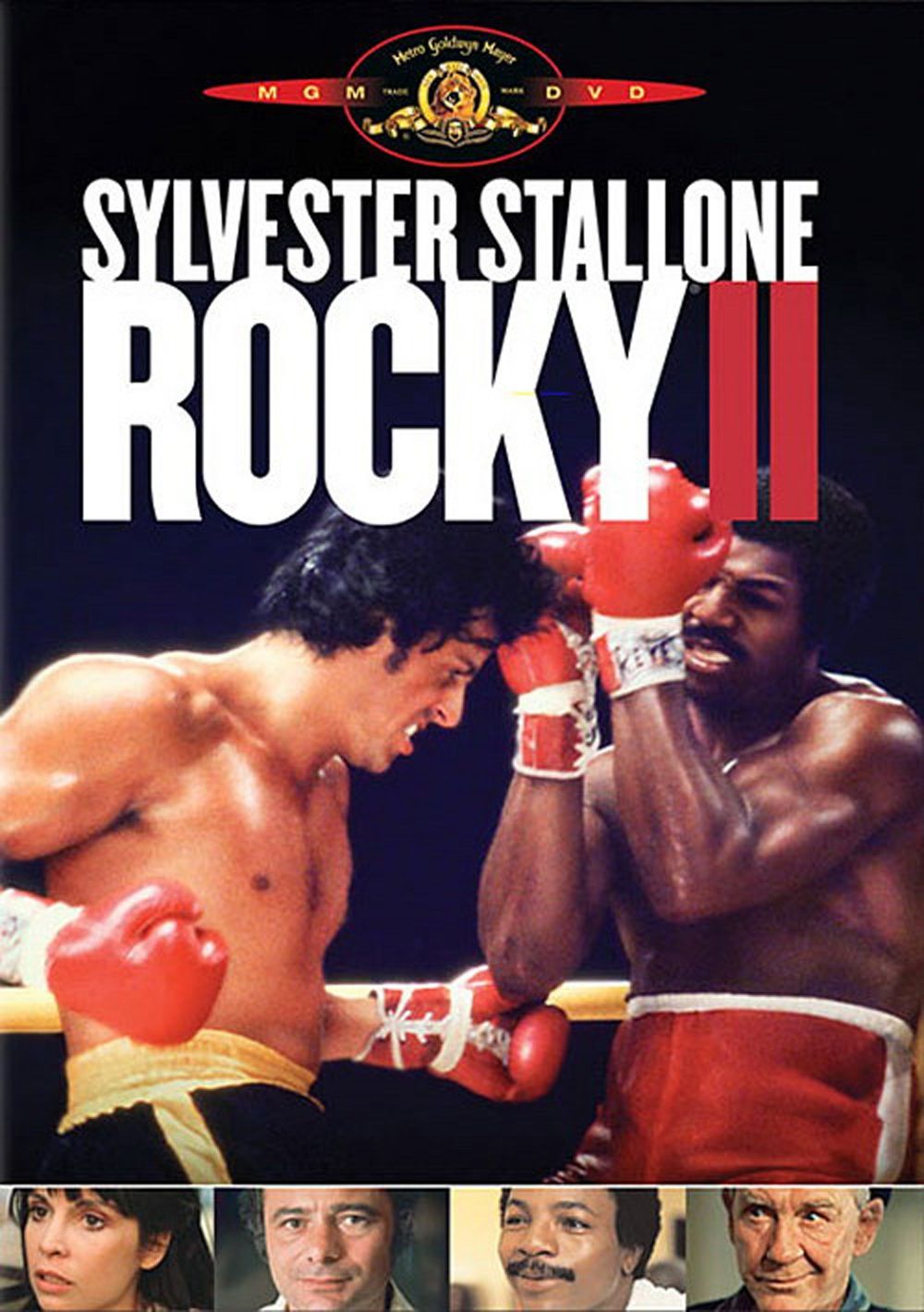




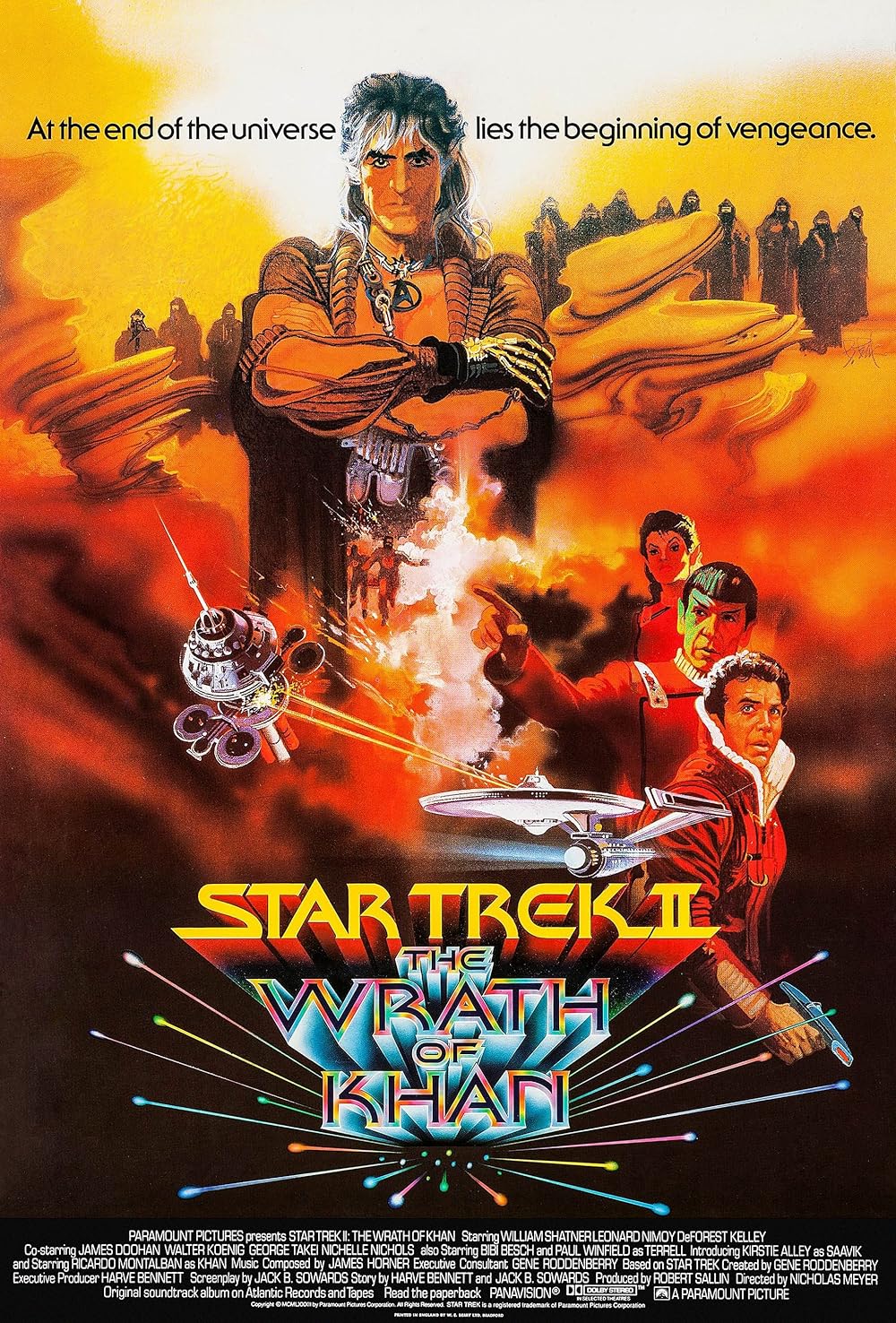

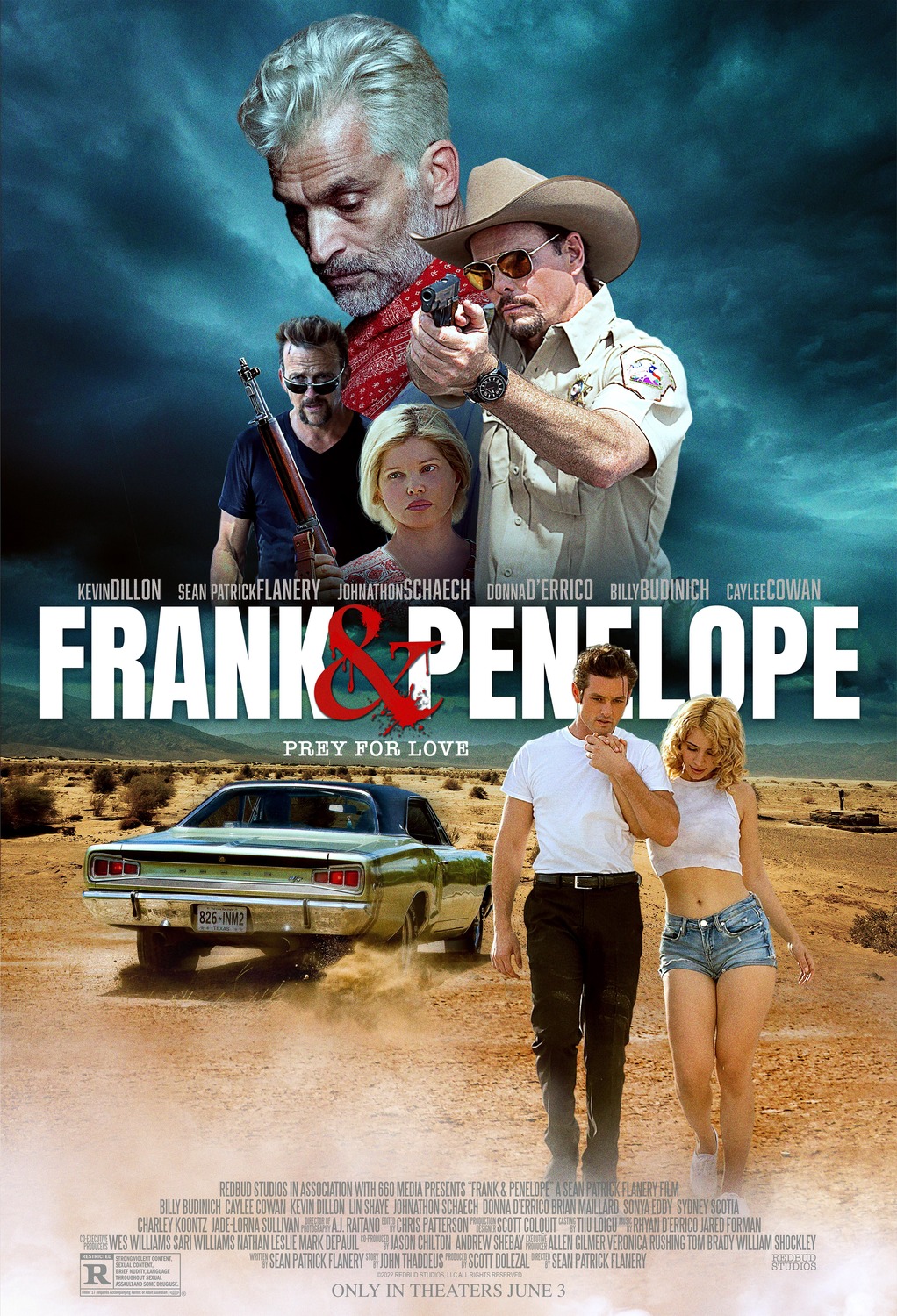





.jpg)











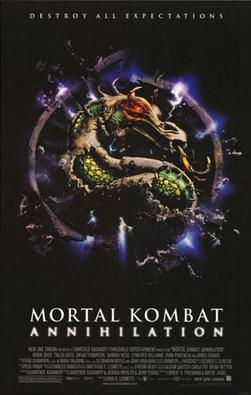



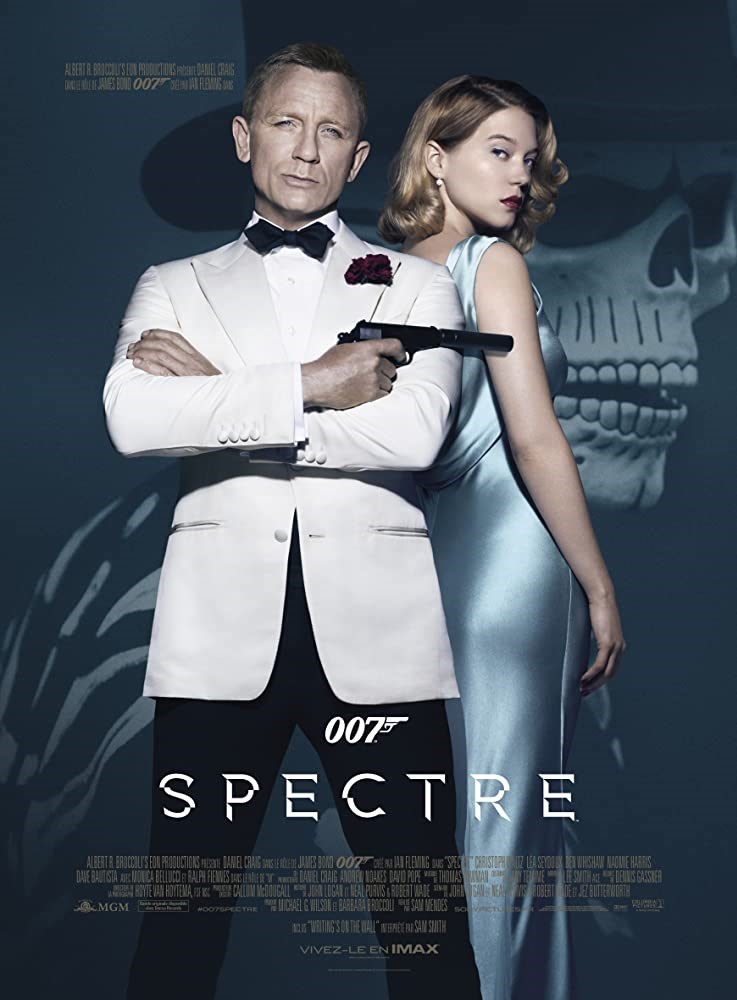

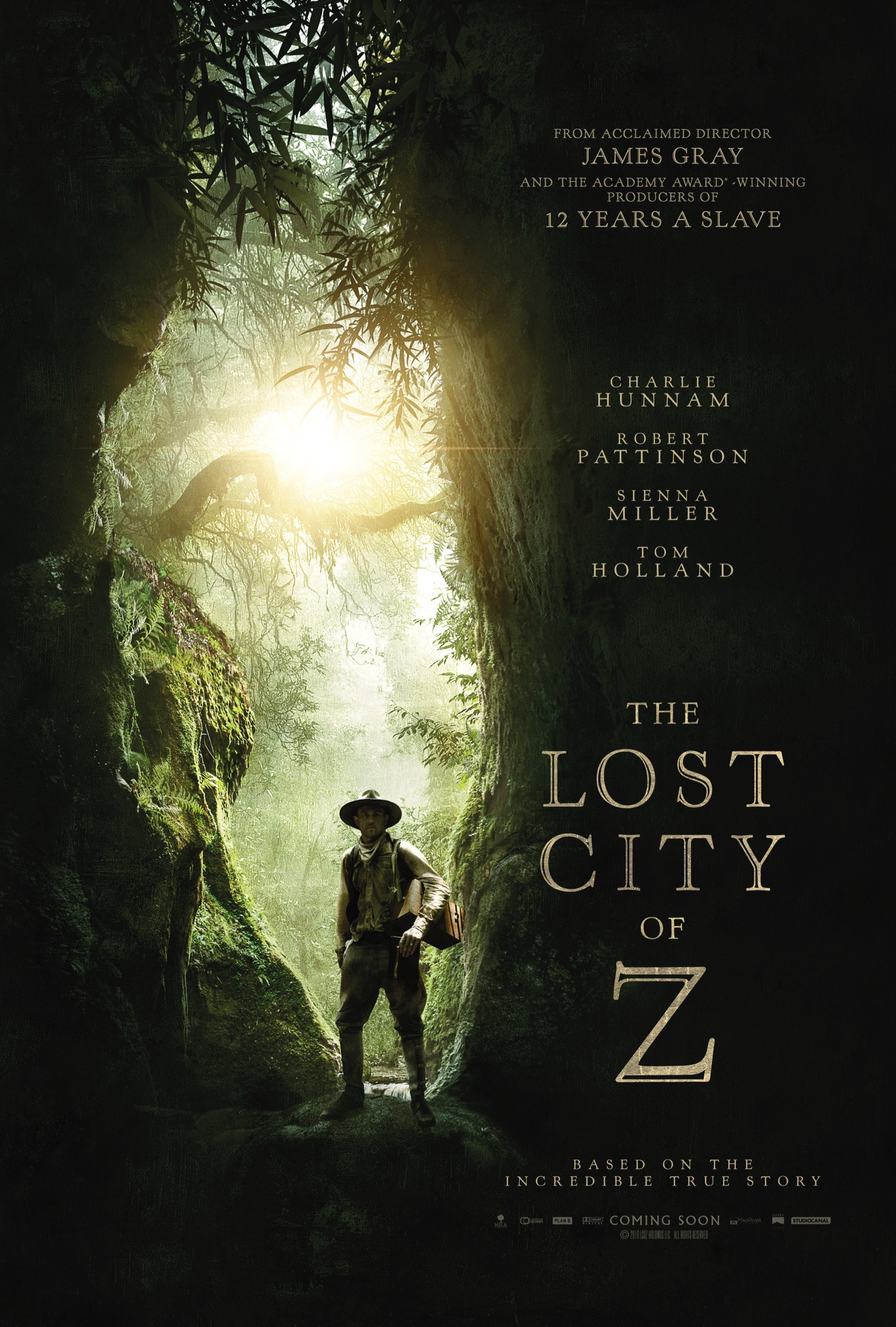



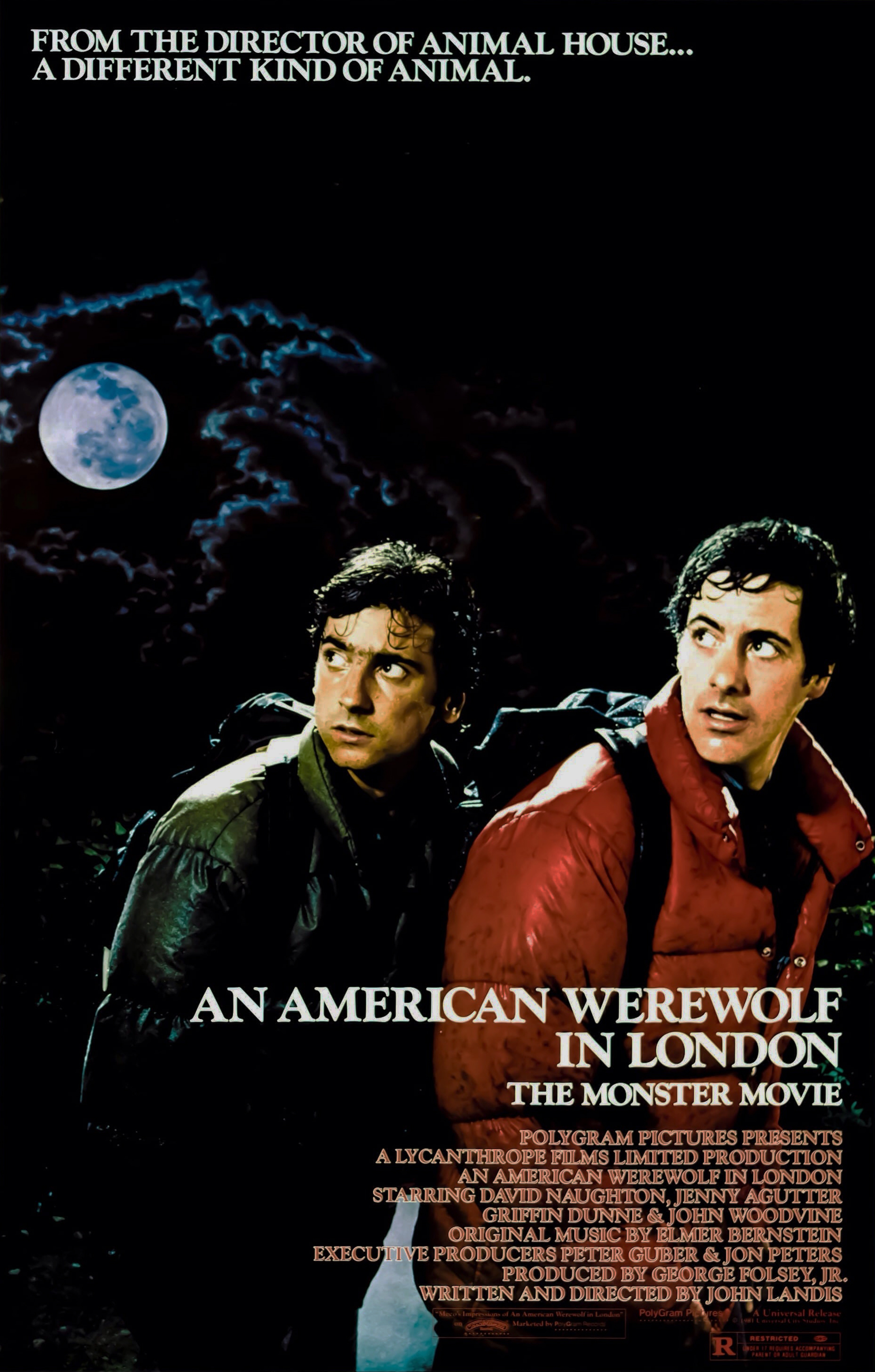






கருத்து